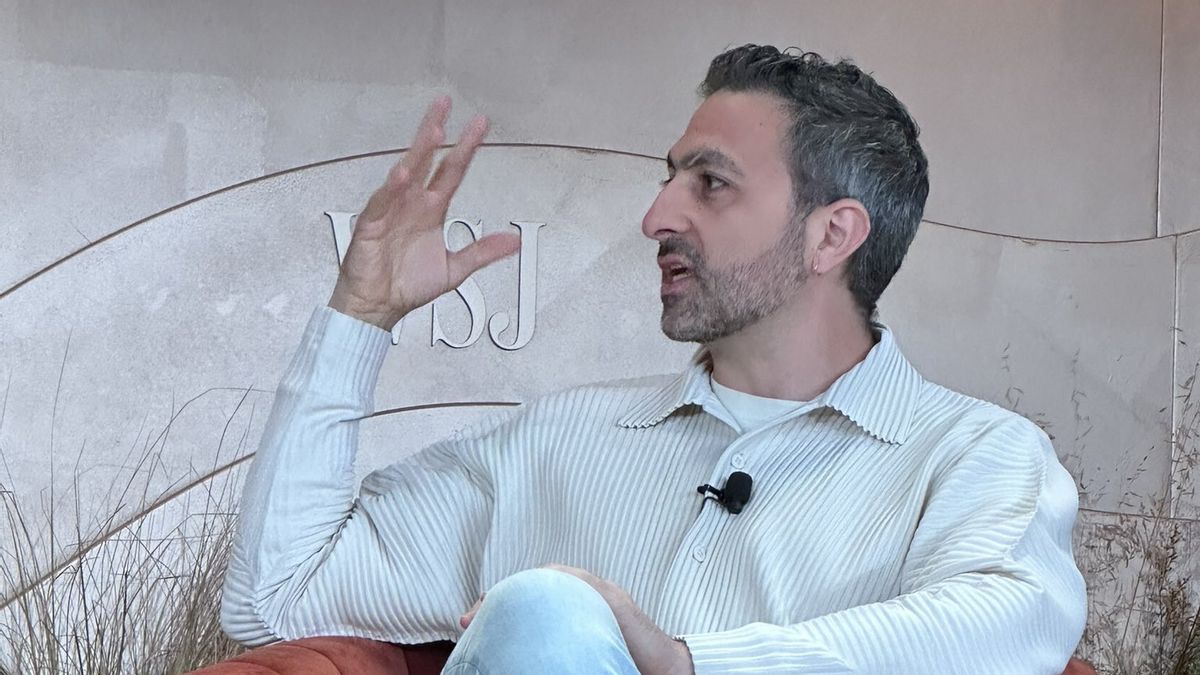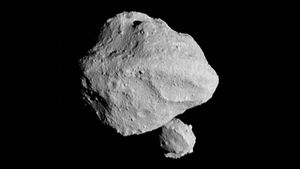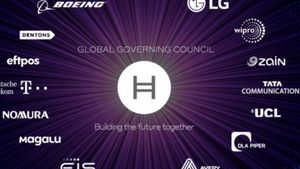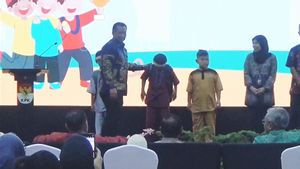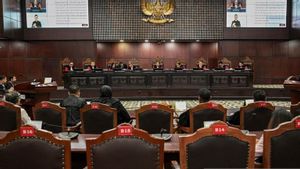Following the end of the UK's Artificial Intelligence Summit (AI) on November 2, Google's CEO of Inflation AI and co-founder of DeepMind, Mustafa Suleyman, gave sharp criticism of Elon Musk, in a post-event interview with the BBC.
Previously Musk stressed his sensational comments during an interview with British Prime Minister Rishi Sunak at the end of the two-day event.
In the conversation, Musk stated that AI was like a "magicjin," before warning, "Usually such stories don't end well."
The richest man in the world also warns that AI will eventually do almost every job, which he says will make it difficult for humans to find their purpose in life.
Musk also discussed the existential danger AI poses, including the need to include a physical "tombol off" for AI systems so that humans can control these machines.
Meanwhile, Sunak agrees with Musk's implication that Hollywood stories about AI, such as Thetenada, seem to be the basis of his second view of the technology. "All films with similar plots basically end up with someone turning them off," Sunak joked.
It is not clear what technology the two men meant. Most AI systems created in the last decade will theoretically reject efforts to "turn it off" through one physical button due to the nature of distribution technology, cloud computing, and server technology.
Suleyman, who was also present at the UK AI summit, then ignored Musk's comments as something common during an interview with the BBC's question Time.
"This is why we need a cross-examination that is impartial to the pace of this technology. [Elon Musk] is not an AI scientist. He owns a small AI company. He has many other companies. His expertise is more in the space and cars," Suleyman said in the interview.
Suleyman is not the first AI expert or CEO to question Musk's scientific understanding of AI. In 2022, Gary Marcus, a professor of computer science at New York University and best-selling author, and Vivek Wadha, a leading winger at Carnegie Mellon and Harvard, challenged Musk's claim that general artificial intelligence (AGI) will be realized in 2029.
SEE ALSO:
The two experts offer a bet of US$500,000 (Rp7.7 billion) to Musk, which will be paid if AGI materializes before the 2029 deadline. Musk has not acknowledged or responded to the proposed bet.
AGI is an ambiguous concept without agreed measurement standards or benchmarks to achieve it. The basis of this idea is one day, as the current effect of technology is unknown, AI technology will be able to perform any task that requires intelligence.
While some people believe that AGI, or at least AI is generative, may already exist. But others in the field insist that the current system is not as intelligent or as competent as humans or other animals because of their dependence on training, programming, procedures, and pahma.
The English, Chinese, Japanese, Arabic, and French versions are automatically generated by the AI. So there may still be inaccuracies in translating, please always see Indonesian as our main language. (system supported by DigitalSiber.id)
